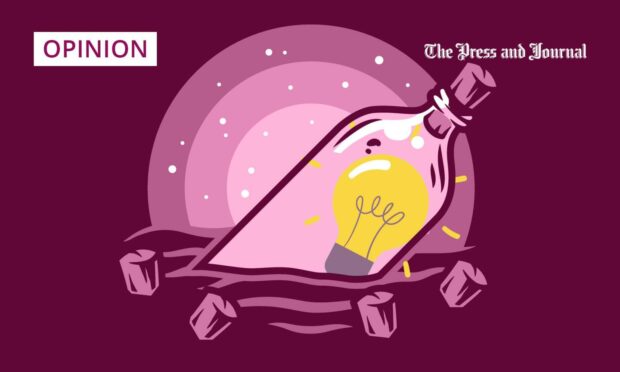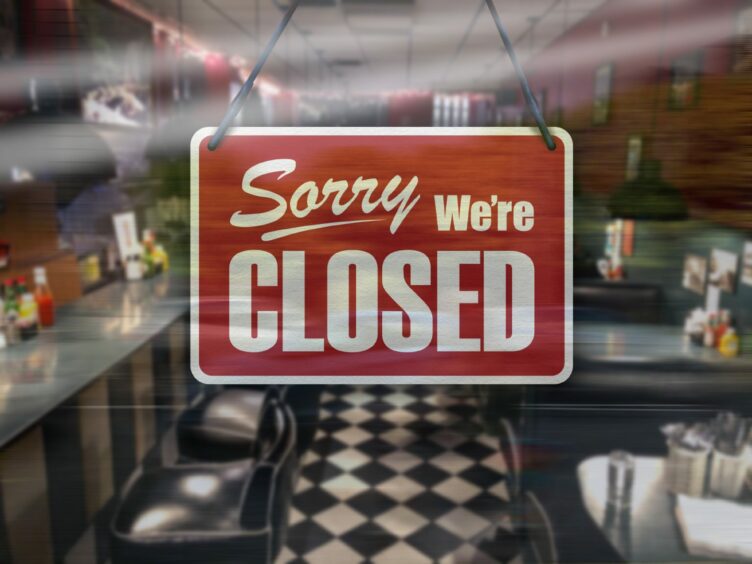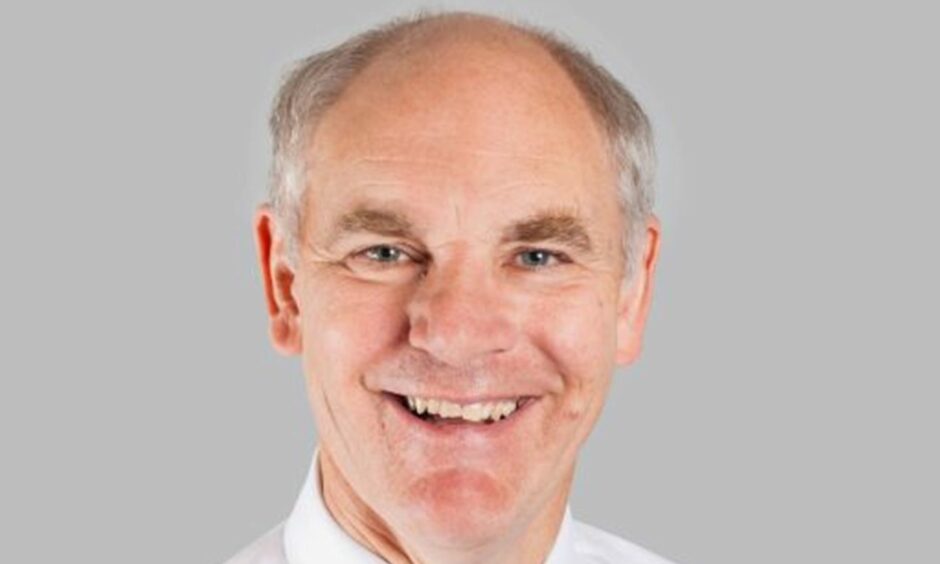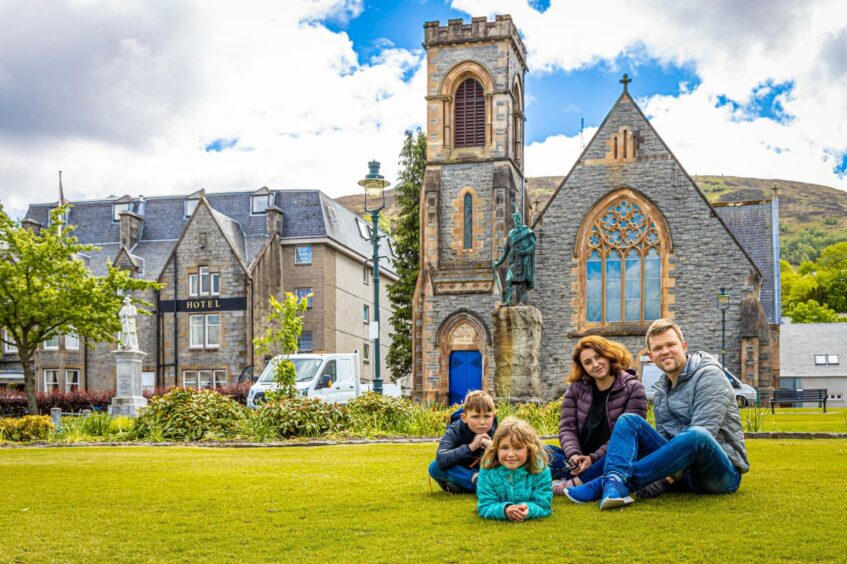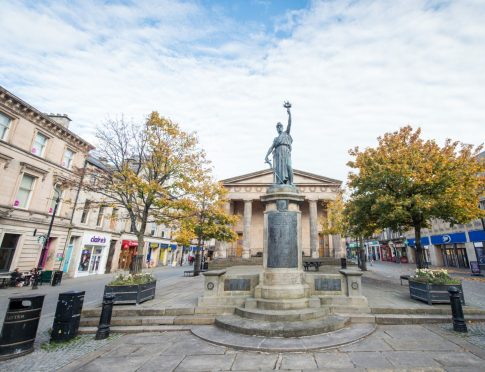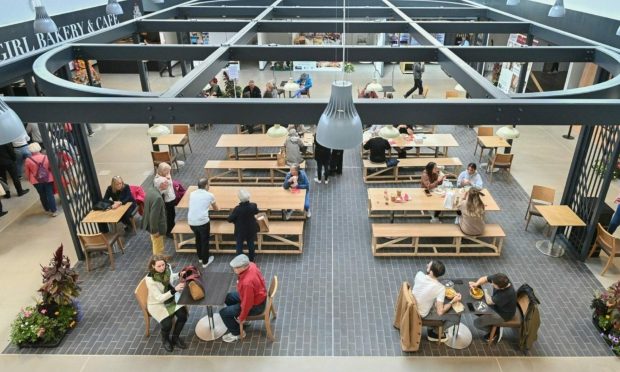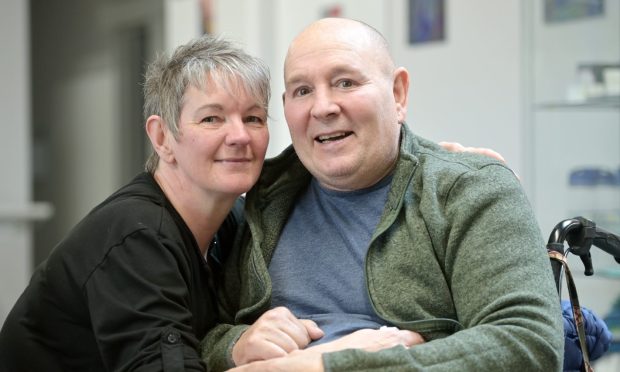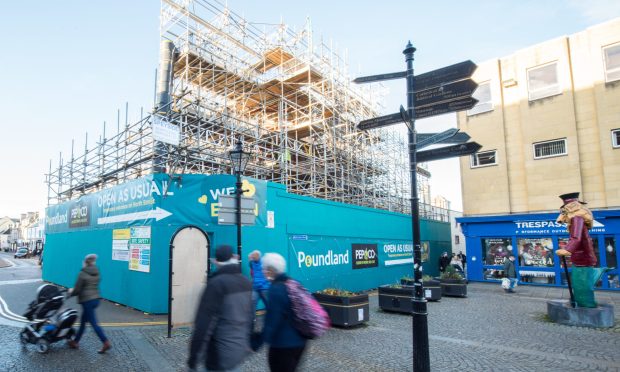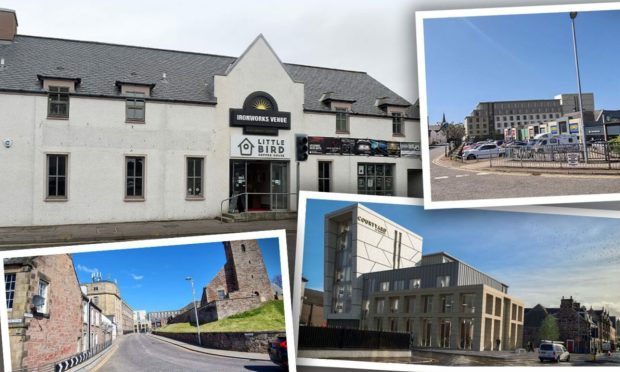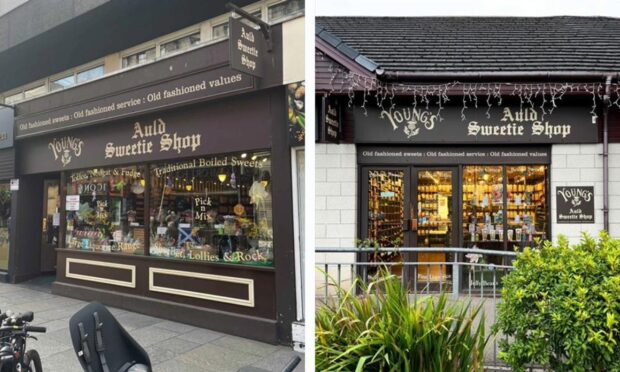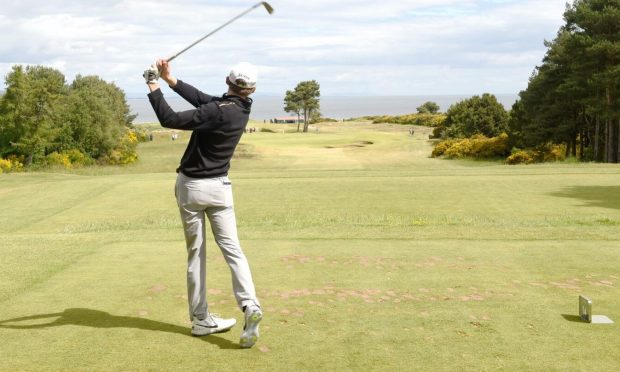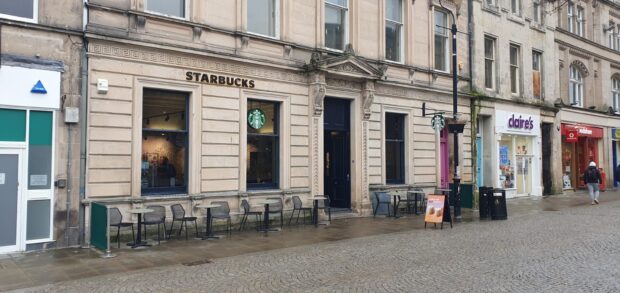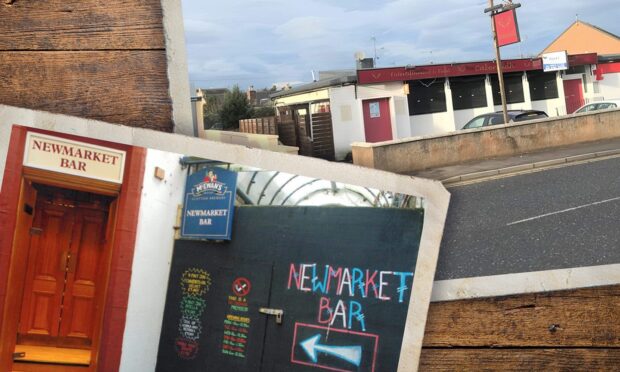Now more than ever in this turbulent world we need ambitious, entrepreneurial, independent-minded businesses to drive local and national economies forward.
Key to this is business confidence, and confidence stems from certainty. Businesses crave certainty, and if the past two years have taught us anything, it’s that nothing is certain in a pandemic.
Tracking the fortunes of Highland businesses through the course of 2021 is straightforward, thanks to the five surveys conducted by Federation of Small Businesses (FSB) Scotland during the year.
Things picked up markedly when tourism and hospitality reopened on April 20.”
From the depths of last winter’s lockdown despair, when – despite massive financial support from the UK and Scottish governments – around three quarters of Highland businesses were struggling, with around one-third describing themselves as “really struggling/barely staying afloat”, things picked up markedly when tourism and hospitality reopened on April 20.
By early June less than one-third were struggling, and this was still the case in August.
Life for most was improving, and by mid-December the three quarters of Highland businesses that were struggling in March had shrunk to a quarter.
So did widely publicised concerns about how businesses were faring translate into closures?
The short answer is yes, to a degree. Despite all the financial support, Scottish Government figures show the total number of businesses in Scotland fell by 20,000 (5%) between March 2020, the month of the first lockdown, and March 2021, the tail end of the second.
But the past is one thing; confidence is about the future. Worryingly, the FSB’s Small Business Confidence Index for the last quarter of 2021 found confidence had plummeted.
The average Scottish business is now substantially less confident than its UK equivalent.
These findings mirror the results of our December survey, which found one-third of Highlands and Islands business owners pessimistic about the future of their firms.
When asked what worried them most, it should come as no surprise that rising overheads, staff shortages, the potential for future lockdowns and/or restrictions and low turnovers all figured prominently.
Tellingly, more than a quarter ticked “my own mental health and wellbeing”.
The average Scottish business is now substantially less confident than its UK equivalent.”
So what of 2022? The good news is tourism bookings appear promising.
This really matters, for tourism touches more businesses and corners of the region positively than any other industry or sector. Healthy communities need healthy businesses.
We must all hope Omicron is short-lived, that no new variants materialise and that travel gets back to normal as quickly as possible, especially for high-spending overseas visitors.
In 2019, before Covid hit, this market spent £202 million on overnight stays in the Highlands alone, and we need them back.
But is merely trying to recover the ground lost during the pandemic enough?
While the events of late have been overwhelming and beyond our control, can we really afford to sit back placidly and await developments, like corks bobbing on a stormy sea?”
After all, staff recruitment has been a problem for years, and while the massive hike in utility and other bills is recent, costs have been rising for some time.
Brexit and the road to net-zero also have cost implications for many businesses, and the result of all this is squeezed margins and immense pressure to increase prices.
Many communities continue to experience the blight of gradually ageing and declining populations.
They desperately need to hang on to more of their young people.
They also need to attract young people and families from elsewhere to move in, and perhaps Covid presents an opportunity to do just that.
While the events of late have been overwhelming and beyond our control, can we really afford to sit back placidly and await developments, like corks bobbing on a stormy sea, wondering when the next mighty wave will hit us? Surely not?
If every problem is an opportunity in disguise, then our famously resourceful, adaptable, entrepreneurial and resilient businesspeople and their communities across the Highlands and Islands have got it made in 2022.
For while very serious problems do exist, so do opportunities and they are not all limited to tourism.
Working together with governments, public agencies, educational establishments and anyone else with a contribution to make, local businesses and their communities can influence events and improve their own and the region’s prospects.
We expect our councils and public agencies to procure locally, so why shouldn’t we?”
The old acronym Team – together, everyone achieves more – may sound trite, but that doesn’t make it any less true.
And it doesn’t need to be complicated. As individuals, we can all do more to support our local businesses and by extension our communities by wherever possible and practical buying the goods and services we need from them.
We expect our councils and public agencies to procure locally, so why shouldn’t we?
We can also work together to make our communities more attractive to residents, potential residents and visitors – and to people looking for suitable places to set up and run new businesses.
Success breeds success, and it’s all got to start somewhere.
David Richardson is Highlands and Islands Development manager for the Federation of Small Businesses.
